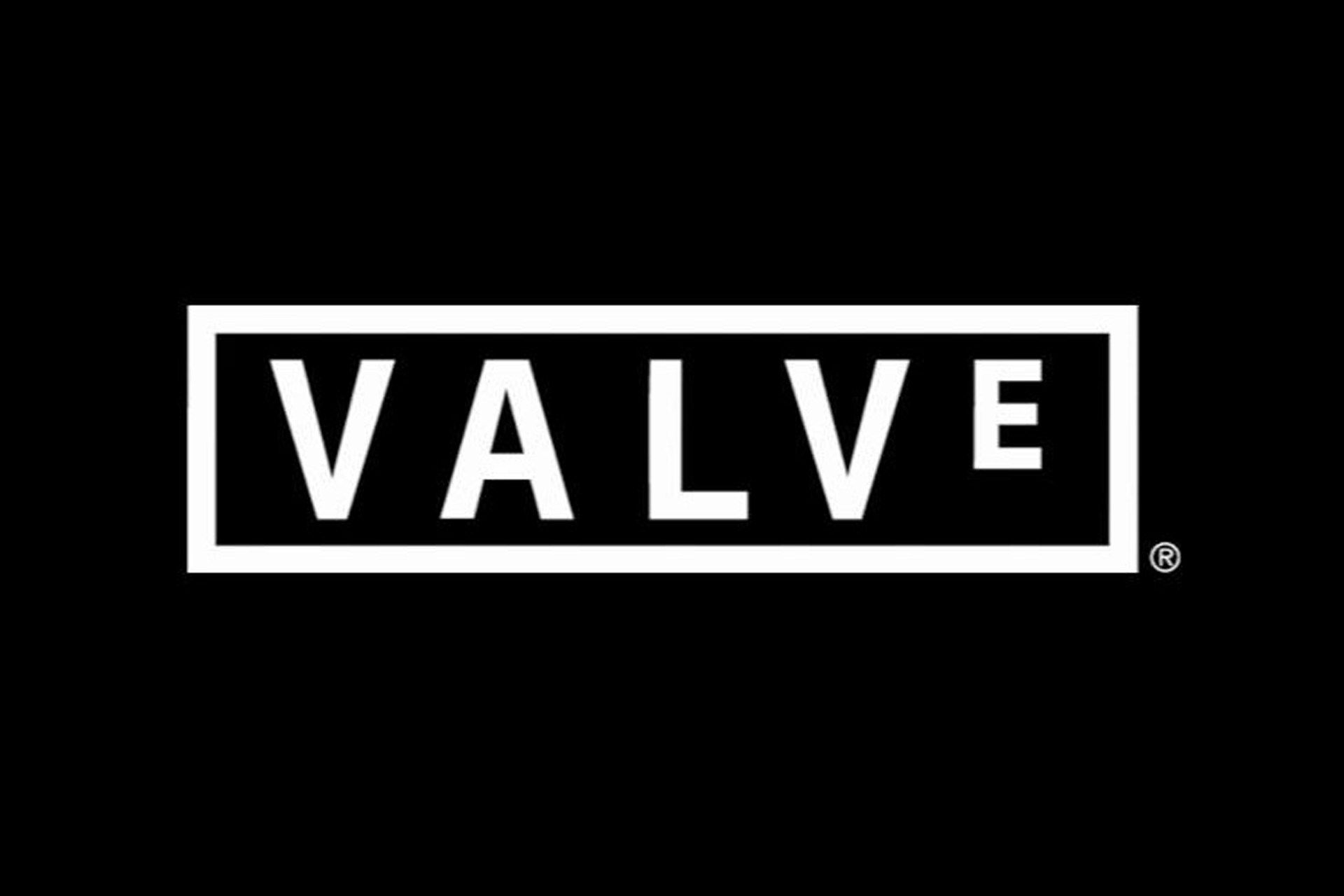The European Commission has revealed that six games companies -- Valve, Capcom, Focus Home Interactive, Bandai Namco, and ZeniMax -- are under investigation for (potentially) using geo-blocking practices," aka for breaching European Union antitrust laws.
Specifically, the concern lies with the above mentioned companies using game activation keys, and as to whether or not they break EU competition rules. For those that don't know, such keys primarily serve as an anti-piracy tool. After buying a physical copy of a game, said purchaser needs to submit an activation key to prove he or she owns it, and from there it is added to he or she's Steam library. This is what keys are meant for, but the issue here is people not using the keys for these purposes.
What rather happens is companies like Kinguin and G2A gobble up these keys and then resell them, often at heavily discounted rates. This is great for gamers looking to get games on the cheap, but hurts game developers and publishers, especially the smaller ones.
According to The European Commission country-specific activation keys may restrict a consumers ability to purchase and use products in other EU countries, which it states is anti-consumer. Specifically, the Commission says "geo-blocking practices" (such as game activation keys) "may amount to a breach of EU competition rules by reducing cross-border competition as a result of restricting so-called 'parallel trade' within the Single Market and preventing consumers from buying cheaper games that may be available in other Member States."
The investigation specifically pertains to Steam, which is Valve's PC game distribution platform. The other companies are only involved because of "bilateral agreements," which is a type of trade agreement. The European Commission did not divulge how long the investigation will last, or what the ramifications will be for whatever it finds. At the moment, Valve, nor any other company, has provided a comment.

